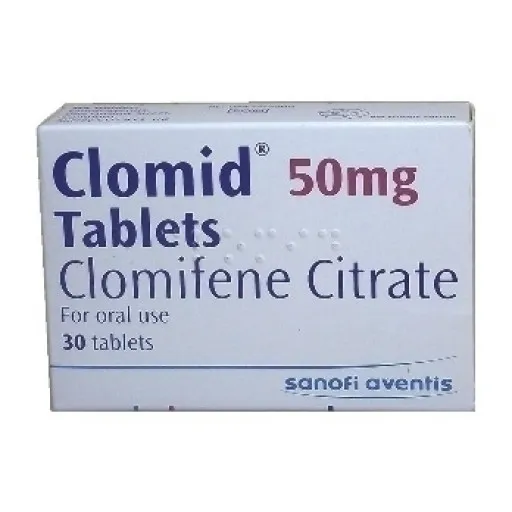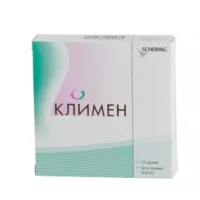Description
Calumid (Bicalutamide) Coated Tablets 50 mg. №30
Ingredients
Active Ingredient: Bicalutamide 50 mg.
Other ingredients: lactose monohydrate, magnesium stearate, hypromellose, polyethylene glycol, titanium dioxide, talc.
Dosage
Recommended Dosage: The usual dose is one 50 mg tablet taken once daily, with or without food. Follow your healthcare provider’s instructions.
Indications
Calumid Tablets are indicated for the treatment of prostate cancer in combination with a luteinizing hormone-releasing hormone (LHRH) analog.
Contraindications
Do not take Calumid Tablets if you are allergic to bicalutamide or any other ingredients in the product. Consult your doctor before use if you have liver problems.
Directions
Take Calumid Tablets exactly as prescribed by your healthcare provider. Do not exceed the recommended dosage. Swallow the tablet whole with a glass of water.
Scientific Evidence
Bicalutamide, the active ingredient in Calumid tablets, is a nonsteroidal antiandrogen that competitively inhibits the action of androgens. Studies have shown that bicalutamide, when used in combination with an LHRH analog, is effective in the treatment of prostate cancer by blocking the androgen receptors.
Additional Information
Pharmacological Effects: Bicalutamide works by blocking the effects of androgens, which are male hormones that can promote the growth of prostate cancer cells. By inhibiting the androgen receptors, bicalutamide helps slow down the progression of the disease.
Clinical Trials: Clinical trials have demonstrated the efficacy of bicalutamide in improving overall survival rates and delaying disease progression in patients with advanced prostate cancer. One study published in the New England Journal of Medicine showed a significant reduction in the risk of disease progression with bicalutamide treatment.





